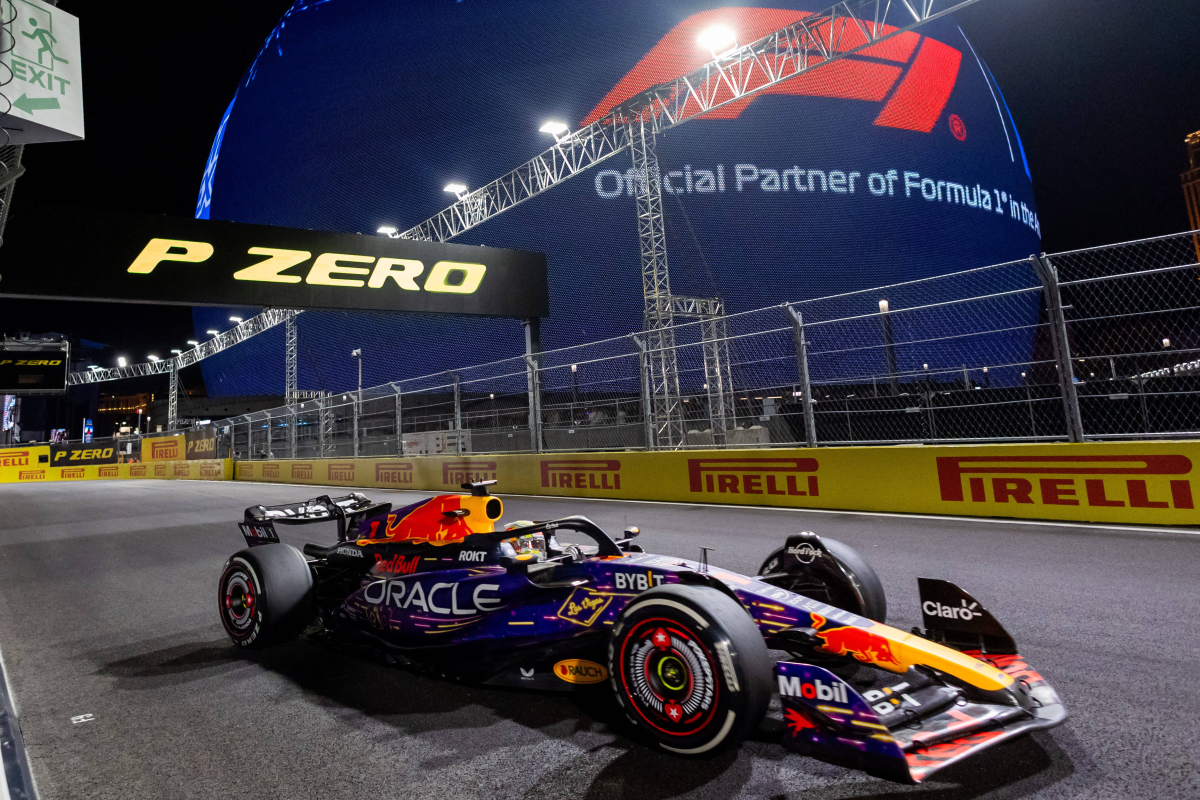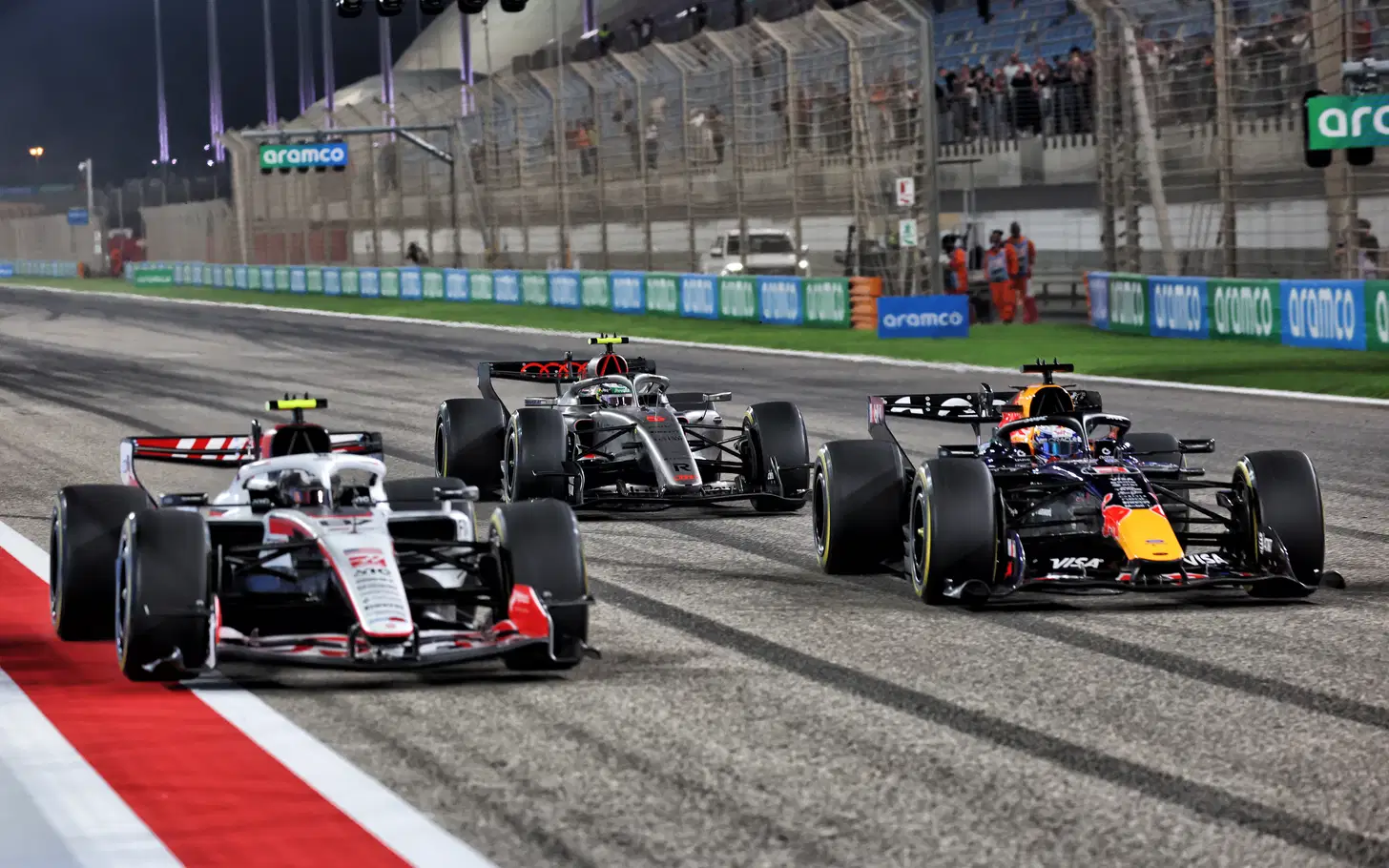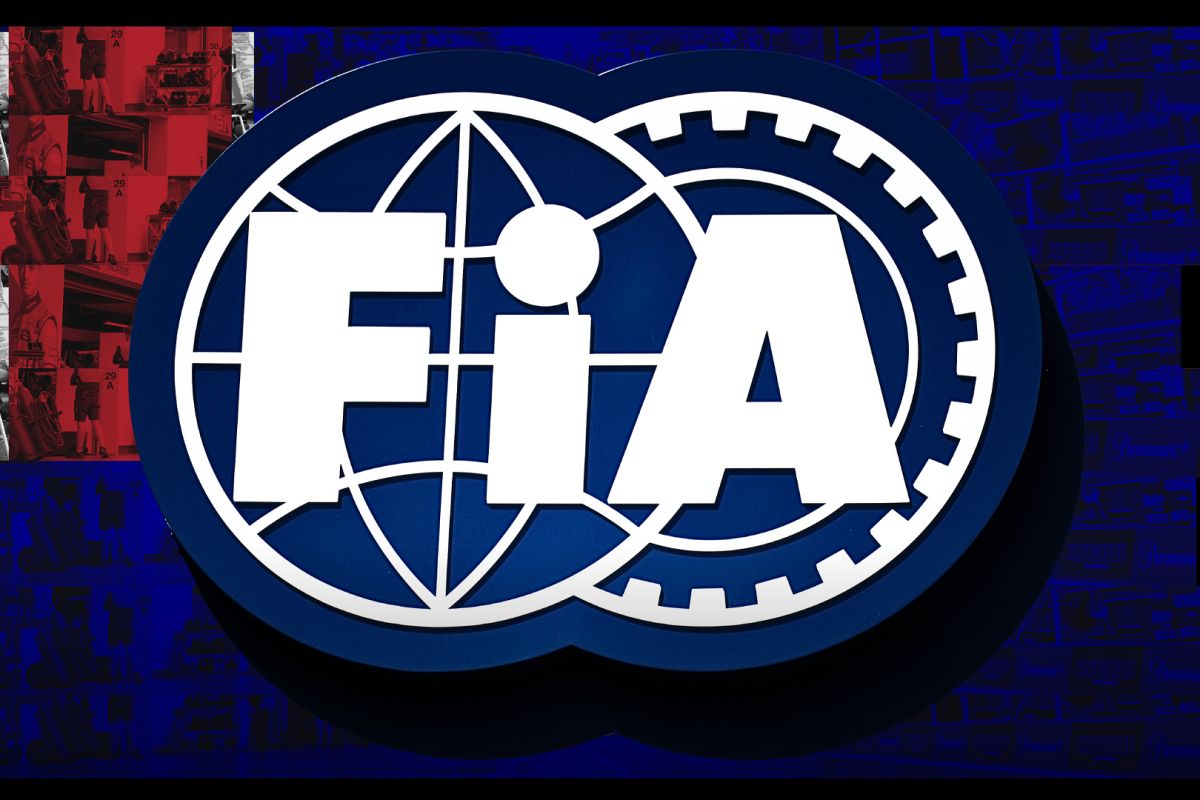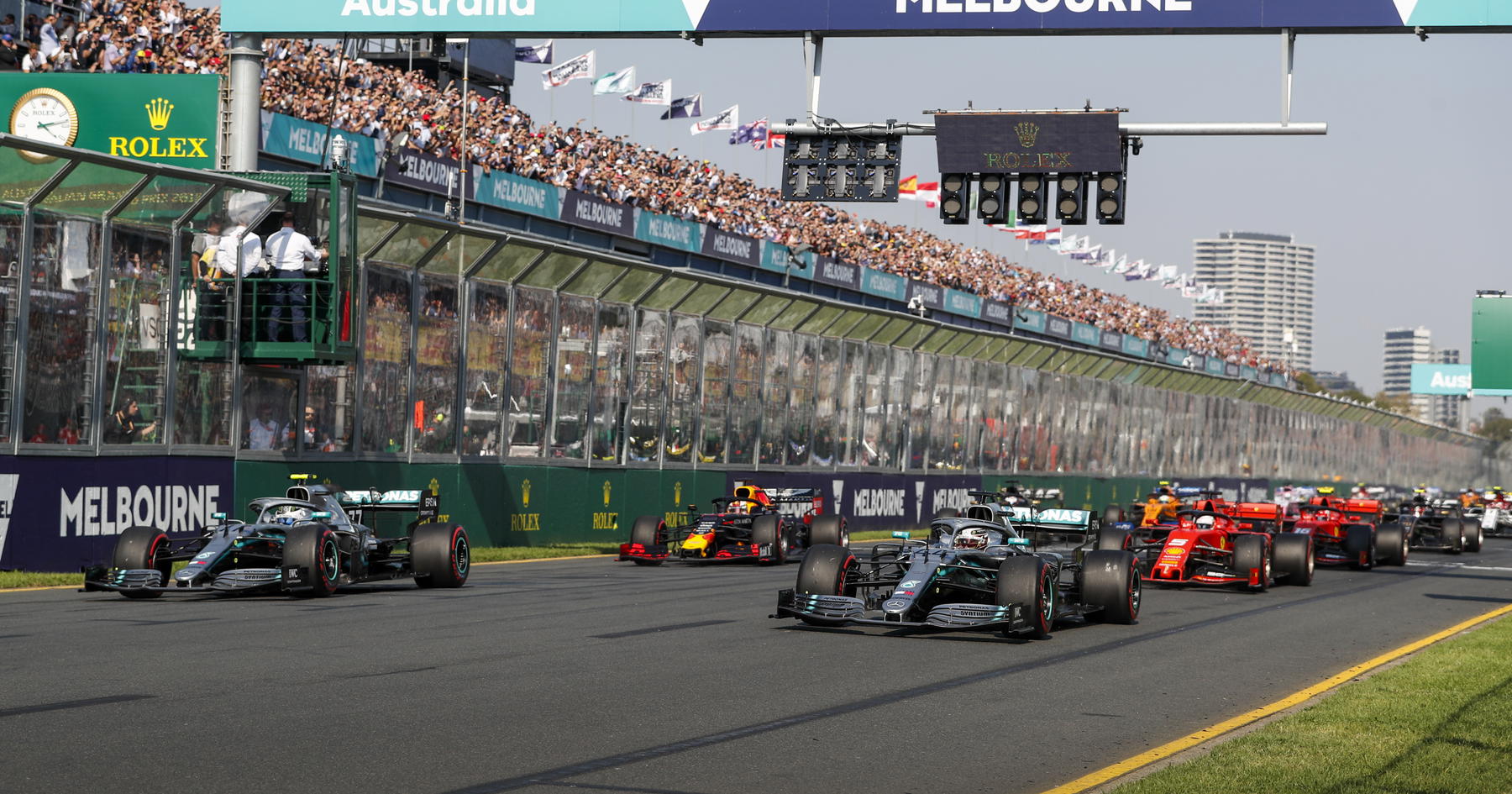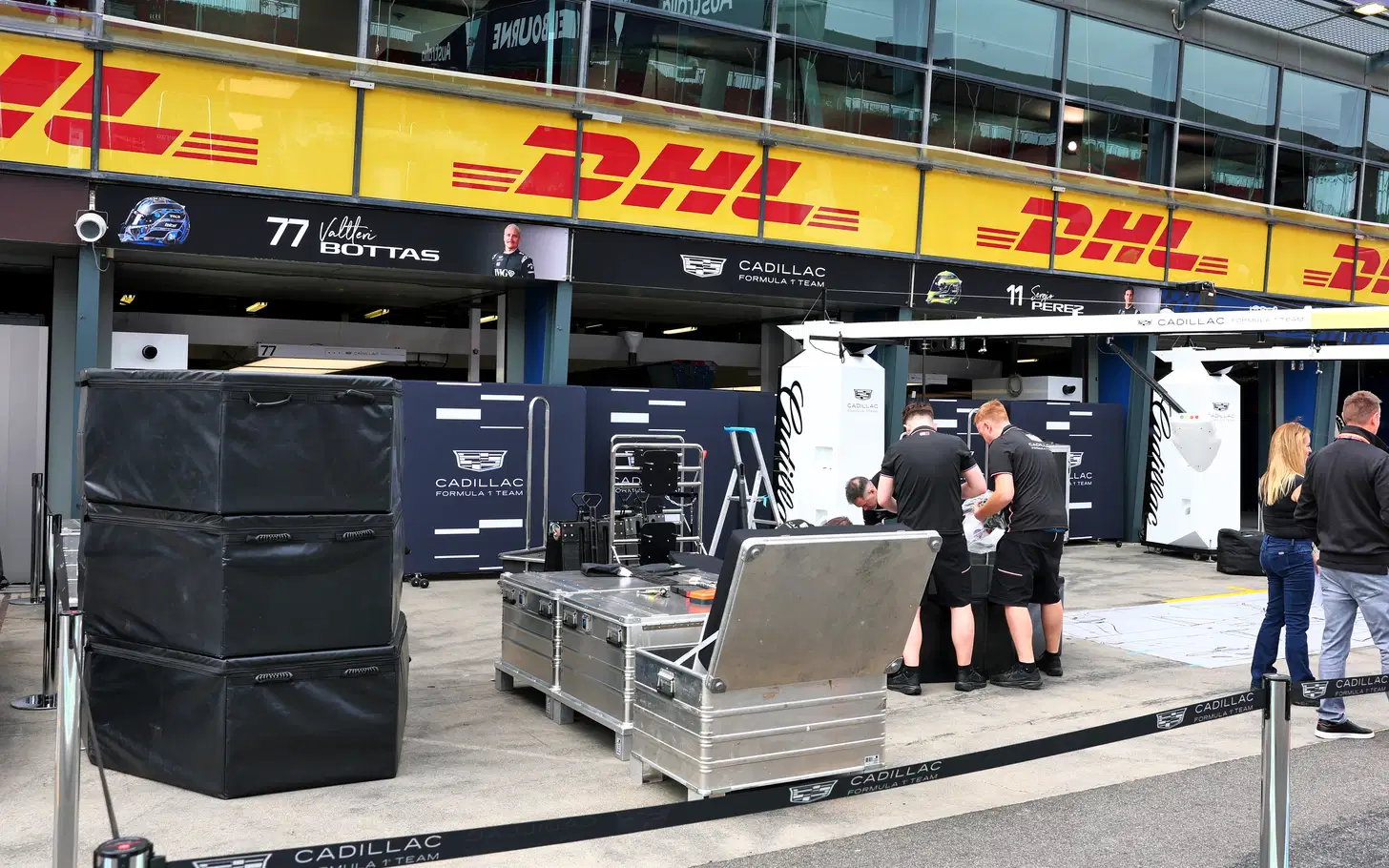Max Verstappen Sets Firm Preference Ahead of Las Vegas GP: “Keep the Rain Away”
As Formula 1 heads into one of its most unpredictable weekends of the season, Max Verstappen has made his thoughts crystal clear: he wants absolutely nothing to do with wet weather at the Las Vegas Grand Prix. With the sport returning to the neon-lit streets of Sin City, all eyes aren’t just on the glittering skyline — they’re on the skies above, where forecasts hint at trouble.
Las Vegas experienced a surprising bout of heavy rain on Tuesday, leaving parts of the city briefly flooded after a sudden storm swept over the region. While the waters receded just as quickly as they came, the incident stirred fresh anxiety within the paddock. By Wednesday morning — media day — more rain appeared, lightly but noticeably, signalling the possibility that the weekend’s sessions might not escape weather disruption.
Although no one can say for certain how the weather will evolve, meteorologists expect intermittent showers throughout the event. Even if the rainfall is not constant, the general expectation is that some portion of the weekend will be affected. For a venue that has never hosted a wet F1 session since joining the calendar in 2023, the potential introduction of rain adds a layer of mystery and risk.
Las Vegas is already one of the most challenging and unusual stops on the F1 calendar. The race takes place at night on a street circuit, during late-season cold snaps that often leave the track surface struggling to generate grip. Low temperatures, tricky tarmac, and slow tire warm-up have all been recurring issues. Adding water into that already unstable mix is far from ideal — especially for drivers who are still learning how these surfaces behave under different conditions.
Verstappen, aware of these complications, voiced his concerns openly when asked about the possibility of a wet weekend. With characteristic bluntness, he explained that rain is simply not something he is eager to deal with on a circuit that is already temperamental.
“Yeah, I mean, if it rains, the tarmac gets wet. So it’s slippery,” he said, pointing out the obvious but unavoidable reality of a street race in the rain. “I’m not really looking forward to that. I prefer to have a dry race.”
His reasoning is simple: Las Vegas already keeps teams guessing. From unpredictable grip levels to rapidly dropping temperatures at night, the car setup window is narrower than almost anywhere else. Verstappen acknowledged that even getting a baseline understanding during practice sessions is difficult.
“It’s already hard enough to get everything working here — or to understand at least something,” he continued. “So yeah, I prefer it a bit more straightforward.”
His comments highlight a broader concern shared by teams and drivers. A wet Las Vegas Grand Prix wouldn’t just be unusual — it would be close to unprecedented territory. Street circuits like Monaco and Singapore have experience handling rain, but Las Vegas presents a special case: long straights, low downforce setups, cold asphalt, glossy road paint, and minimal prior data for wet conditions. Even light rain could drastically increase the risk factor.
Despite his clear preference for dry running, Verstappen did inject a hint of humor into the situation. If rain becomes heavy enough to cause flooding — much like what the city saw earlier in the week — that could reduce practice time. And in his view, fewer practice sessions might not entirely be a bad thing.
“If the track floods, maybe less practice is also not a bad thing,” he joked, hinting that a chaotic weekend could level the playing field or at least save drivers from the otherwise confusing practice sessions Vegas tends to produce.
His comments reflect both realism and reluctance. Verstappen is known for adapting quickly to changing conditions, but even world champions have preferences. For him, the ideal scenario is simple: clear skies, predictable conditions, and no surprises from above.
As the weekend unfolds, uncertainty looms. Will the rain arrive during practice, qualifying, or even the race itself? Could the first-ever wet Las Vegas F1 session become a reality? Or will the desert climate hold long enough for a dry — yet still challenging — Grand Prix?
Regardless of what the skies decide, Verstappen has already taken his stance. And as the racing world watches the neon lights and the clouds overhead, one thing is clear: even in the city of unpredictability, the drivers still crave some stability.
—
